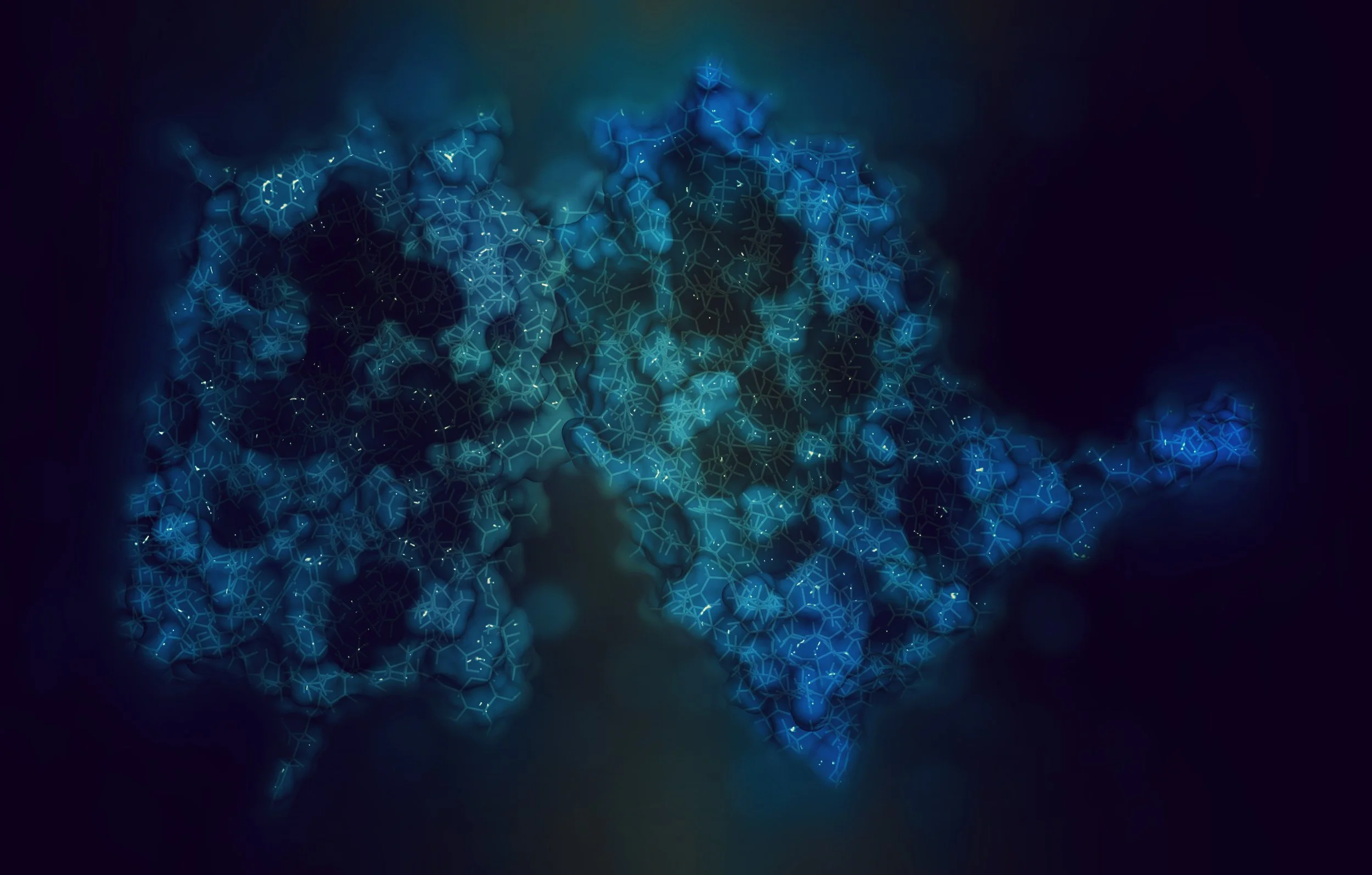PEG-MGF Peptide Therapy
PEG-MGF (Pegylated Mechano Growth Factor) is a laboratory-engineered version of a natural growth factor linked to muscle repair and regeneration. By extending the active life of MGF in the body, PEG-MGF may play an important role in muscle recovery, injury healing, and even neurological or cardiovascular support. At The Catalyst Clinic, we provide expert medical guidance and supervised peptide therapy, including PEG-MGF.
What is PEG-MGF?
PEG-MGF is derived from Mechano Growth Factor (MGF), a variant of Insulin-like Growth Factor 1 (IGF-1).
MGF alone – breaks down very quickly in the body (half-life around 5–7 minutes).
PEG-MGF – has been “pegylated” (bonded with polyethylene glycol), extending its half-life to 48–72 hours, making it much more effective for therapeutic use.
In simple terms: PEG-MGF allows the body’s natural repair processes to last longer and work more effectively.
Benefits of PEG-MGF
Research and early findings suggest PEG-MGF may:
- • Promote muscle growth and repair
- • Speed up recovery from exercise or injury
- • Support wound healing and tissue regeneration
- • Provide neuroprotective effects (helping nerve repair)
- • Deliver cardioprotective benefits (heart tissue recovery after injury)
- • Assist with bone healing following fractures or stress damage
How PEG-MGF Works
PEG-MGF stimulates muscle satellite cells (muscle stem cells). These cells donate their nuclei to damaged muscle fibres, allowing them to heal and grow stronger (hypertrophy).
Other actions include:
- • Nerve protection – may shield neurons from damage and promote regeneration
- • Heart protection – may aid recovery after heart attack or cardiovascular strain
- • Bone regeneration – possible support for bone healing
Potential Therapeutic Applications
Although more research is needed, PEG-MGF may have potential roles in:
- • Sports recovery – aiding athletes and active individuals with repair after training or injury
- • Muscle wasting conditions – such as sarcopenia (age-related loss) and muscular dystrophy
- • Neurological support – for stroke, spinal cord injury, or neurodegenerative disease research
- • Cardiovascular recovery – assisting with repair after cardiac injury
Note: PEG-MGF is investigational. While early findings are promising, more human trials are required to confirm its effectiveness and safety.
Safety and Side Effects
PEG-MGF appears generally well tolerated, but possible risks include:
- • Hypoglycaemia (low blood sugar) – more likely in those with diabetes or blood sugar sensitivities
- • Unintended tissue hypertrophy – improper dosing may lead to unwanted tissue growth
- • Injection site reactions – local redness, swelling or soreness
At The Catalyst Clinic, treatment plans are tailored individually and monitored closely to reduce risks.
Treatment Process at The Catalyst Clinic
Consultation
Review of health history and treatment goals with our medical specialists.
Tailored Plan
If suitable, a personalised protocol is created including PEG-MGF.
Ongoing Monitoring
Regular check-ins and adjustments to ensure safe, effective outcomes.
Our clinics in London, New York, and Zurich provide access to advanced peptide therapy under expert supervision.
FAQs
-
It is primarily researched for muscle growth, recovery, and tissue repair.
-
Standard MGF breaks down quickly. PEGylation makes PEG-MGF last longer in the body, enhancing its effectiveness.
-
It appears well tolerated, though more human trials are needed. At The Catalyst Clinic, all use is carefully monitored.
-
Yes. Our London clinic provides consultations and supervised peptide therapy including PEG-MGF.

Book a Consultation
Find out whether PEG-MGF peptide therapy is right for you.
Contact The Catalyst Clinic in London, New York, or Zürich today to book your consultation.


